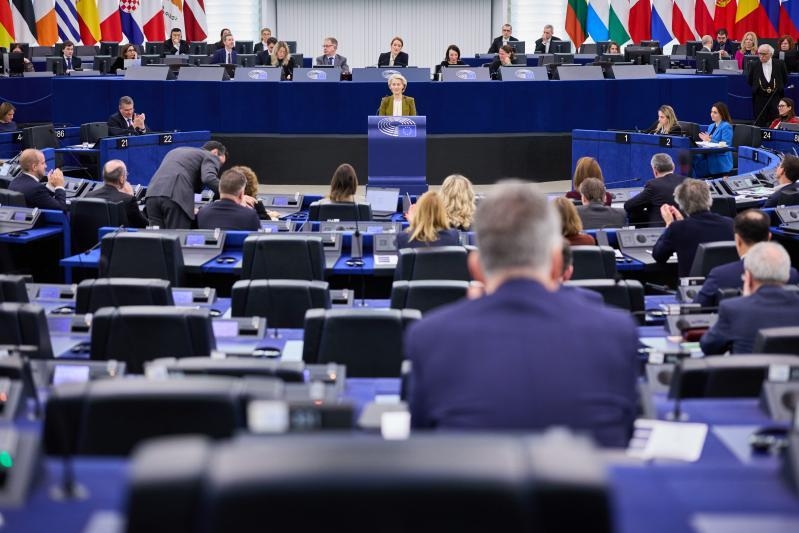
Joint letter – ICC reform and expansion risks diverting ETS Revenues from real climate action
In light of the European Commission’s ongoing considerations to amend the ETS State Aid Guidelines, revising the rules for Indirec...
News

Publish date: November 20, 2022
News
With hopes relatively low to start with, COP27 came to a close with an underwhelming overall result, but at least one very clear win. A huge win that will resonate mostly in the global south, where the first concrete announcement of a loss and damage funding facility could have a major impact, after decades of calls for such a fund to exist.
However, with the already disappointing Glasgow text from COP26 barely scraping by in this year’s agreement, the Paris Agreement 1.5°C ambition seems ever increasingly unattainable. Mitigation efforts with funding, clear targets and definitions are an incremental part of actually reaching the agreed climate ambition. But these are still sorely missing.
The oil and gas lobby and the impact of a number of petro-states, Saudi Arabia in particular, derailed the calls for a phase out of fossil fuels, with the final text only just keeping the Glasgow wording of a “phase-down of unabated coal”. Moreover, the energy chapter now includes low emission solutions on top of renewables, without a clear definition of what that may entail: some will surely argue fossil gas is low carbon, the same way we’ve seen the EU buy into Norway’s claims that its gas is somehow “clean”.
Equally disappointing is the lack of clear definitions on carbon dioxide removals and carbon credits. As the World Cup starts in Qatar, which has been shamelessly throwing around claims of carbon neutrality, it is increasingly clear that such claims need to be regulated so that people aren’t duped into believing action is undertaken when it’s not.
Sitting in until the very end of the negotiations was our Policy Manager, Mark Preston Aragonès, who said this agreement is a historic win when it comes to the loss and damage funding facility. But seeing some petro-states and oil and gas lobbies have such an impact on the negotiations and essentially sinking real climate ambition has been truly disheartening.
Mark also explained that carbon credits remain unregulated in this agreement, while we remain helpless onlookers of ever increasingly blatant greenwashing. This puts absolutely no real pressure on emitters that clearly have viable options to decarbonise their processes.

In light of the European Commission’s ongoing considerations to amend the ETS State Aid Guidelines, revising the rules for Indirec...

“The Commission shall monitor the situation at Union level with a view to monitoring the impact of the CBAM on the Union i...

In this week of industrial discussions, first at the Antwerp Industry Summit on February 12th and then at the informal EU leaders’ mee...

Ahead of the European Commission’s Industrial Accelerator Act proposal on February 25th, Bellona has joined 40 organisations from across indust...

Policy Roundtable Takeaways On December 18th, 2025, Bellona organised a policy roundtable gathering the Swedish construction value chain, public p...
Get our latest news